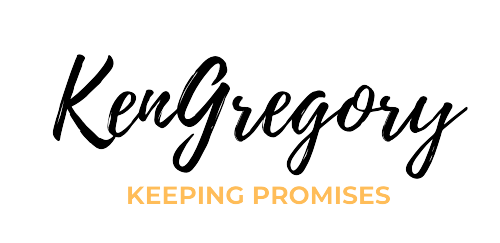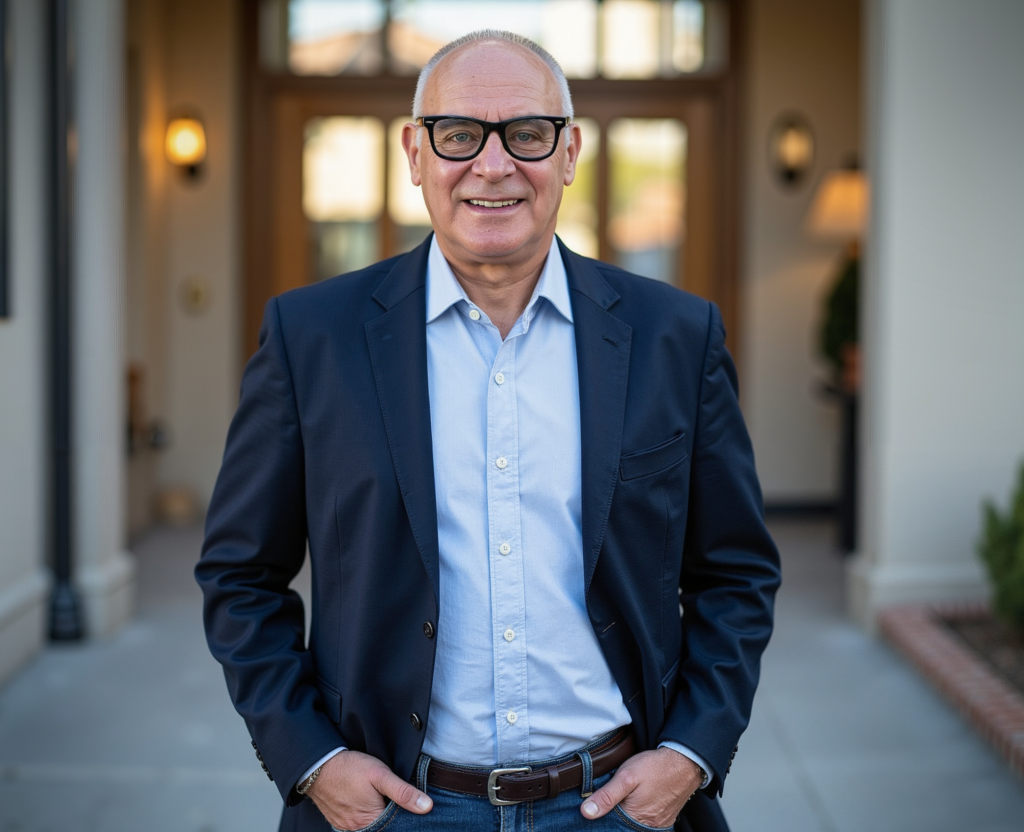I am perhaps the perfect example of a lazy Englishman when it comes to learning another language. I have been fortunate to have travelled all over the world for work and pleasure and for the most part English has been spoken everywhere I have been. Granted that English is the language of the industries I was engaged in and for holiday destinations English is also very widely spoken, catering for the tourist, so I haven’t really experienced a problem when travelling with being or making myself understood and maybe that has made me complacent?. But is that really an excuse for someone who was married to an Italian for 42 years?
Now, before you think I am completely useless and have learned nothing in all of years I was married, I must admit that I can make myself understood at a basic level. My daughters will affirm that I can check into a hotel, order a meal at a restaurant or make a simple purchase in shops, but holding a conversation with a fluent Italian speaker is another story.
I think learning a language as an adult is different, more difficult that leaning as a child. My wife Gio came to England as a 6 year old and went straight into elementary school without understanding a work of English. Within a few months, however, she has learnt a new language. But in later life it seems that the way an adult’s brain works for language learning differs from that of children.
It has taken me a little while to figure out what the best process for learning is best for me. Over the years I have tried a number of methods and I believe I have at last discovered a system that works best for me.
 A weekly one-to-one lesson with my excellent Italian teacher, Barbara, is my main source of learning. I supplement that with on-line sources, including podcasts, watching Italian TV on Netflix and reading short stories.
A weekly one-to-one lesson with my excellent Italian teacher, Barbara, is my main source of learning. I supplement that with on-line sources, including podcasts, watching Italian TV on Netflix and reading short stories.
I have found that learning a new language can be challenging but very rewarding challenge Here are some steps to might help you discover a process that works for you:
- Set Clear Goals
-
- Define why you want to learn the language. Is it for travel, career, or personal growth? Clear goals will help you stay motivated.
- Break down your goals into smaller, measurable targets (e.g., learning 10 words a day or having a 5-minute conversation in a month).
- Immerse Yourself
-
- Listening: Surround yourself with the language by listening to podcasts, music, or watching TV shows and movies in the target language. Even if you don’t understand everything, it will help with familiarity and pronunciation.
- Reading: Start reading simple texts, such as children’s books or websites, and gradually move on to more complex material like newspapers or novels.
- Practice Speaking
-
- Try to speak as much as possible, even if you make mistakes. The more you practice, the more confident you will become.
- Find a language partner or use language exchange platforms (like Tandem, HelloTalk, or iTalki) to practice with native speakers.
- Learn Basic Vocabulary and Phrases
-
- Start with the most common words and phrases. This will help you communicate in basic situations quickly.
- Use flashcards or apps like Anki, Duolingo, or Memrise to help memorize vocabulary.
- Understand Grammar
-
- While vocabulary is important, grammar is the backbone of a language. Start with basic sentence structures and gradually build on them.
- Use textbooks or online resources that explain the rules clearly, or find a grammar app that offers step-by-step lessons.
- Practice Writing
-
- Write short sentences, diary entries, or even social media posts in the language. This will help you reinforce vocabulary and grammar.
- Get feedback from native speakers or teachers to improve your writing skills.
- Use Language Learning Apps and Tools
-
- Duolingo, Babbel, and Memrise are popular for beginners, offering lessons on vocabulary and grammar.
- Anki: This spaced repetition app is great for memorizing vocabulary.
- Tandem or HelloTalk: Connect with native speakers for language exchange.
- Stay Consistent
-
- Practice regularly, even if it’s just for 10-15 minutes a day. Consistency is key to making progress.
- Use language learning as part of your daily routine, like listening to podcasts during your commute or practicing vocabulary before bed.
- Immerse Yourself in the Culture
-
- Learn about the culture of the language you’re studying. This can give you insights into idiomatic expressions and context that can make the language feel more natural.
- Be Patient and Stay Positive
-
- Language learning is a long-term journey. Celebrate small victories (like having a conversation or learning a difficult concept) and stay patient with yourself.






















